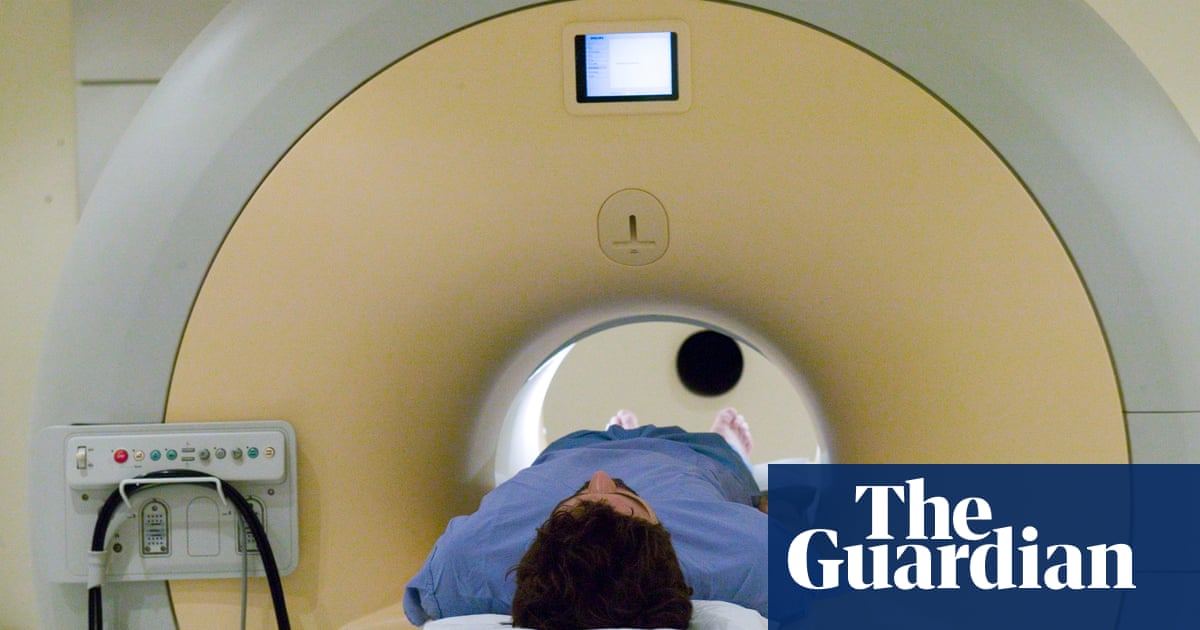
People going into hospital in England for planned surgery will in future have to isolate for two weeks before they arrive, in a move that will affect about 700,000 patients a month.
Either they will have to separate themselves from other members of their household, or the whole family group will have to cut off contact with the outside world, for 14 days, just as people with coronavirus already do.
Those awaiting care will also have to take tests to prove that they are free of any symptoms of coronavirus in the 72 hours before the date of their operation in order to be allowed to enter the hospital.
The plan, unveiled on Thursday by NHS England, is part of a series of drives to ensure that hospitals are kept as safe as possible as they get back to providing normal care in the next few months.
“Now that we are confident that we have passed the first peak of coronavirus, it is important that we bring back those services where we can, but only where that can be done safely. The virus is still circulating and we don’t want to put our patients, the public or our staff at greater risk,” said Prof Stephen Powis, NHS England’s national medical director.
In addition, anyone attending A&E in future will have to practise social distancing and stay 2 metres apart from other patients or groups.
The new requirements were detailed in a letter that Simon Stevens, the head of the NHS in England, sent to trusts on Thursday outlining the steps they have to take as they return to providing the full range of services they did before the pandemic began.
Meanwhile, thousands of patients have not been able to talk to their NHS specialist in a video consultation, because software brought in to help the service cope with coronavirus has failed three times this week.
Doctors have been left frustrated by problems with the Attend Anywhere system, which is a key part of the NHS’s plan to enable people who usually attend outpatient appointments to keep on seeing their doctor during the pandemic without needing to go to hospital.
Hospitals across England were affected when Attend Anywhere crashed for four hours on Monday, for three hours on Wednesday, and also proved unreliable on Thursday. Some hospitals now use the technology to hold more than 100 remote consultations every week.
The problems threaten to undermine NHS England’s ambition that far more patients will be able to see their hospital consultant via video rather than in a face-to-face consultation once the pandemic ends.
“It’s immensely frustrating. I missed five new patient consultations [when it crashed] on Monday, and five more yesterday. I’m now sitting trying to start another video clinic of five new patients and the system is not working again. It’s a nationwide problem,” said an unnamed consultant at a major London teaching hospital on Thursday.
The failures meant that doctors had no other way of seeing a patient during a remote consultation because medics were not allowed to use Zoom, FaceTime or other similar forms of communication involving video, the consultant added.
Attend Anywhere is increasingly used to liaise with patients who have eyesight problems, mental health conditions or reproductive health issues, as well as with children and young people and those who have undergone a diagnostic test, including for cancer.
In a letter to seven medical royal colleges last month Hugh McCaughey, the NHS’s national director for improvement, said that video consultations were a key part of the service’s response to Covid-19. “Not only do video consultations help to prevent transmission of the disease,” he said, “they enable both patients and clinicians, including those who are in at-risk groups or who need to self-isolate, to continue with the appointments they need.”
In emails sent to hospital doctors this week, which the Guardian has seen, NHS England and NHS Improvement said the problems involved “performance issues” and “a degradation of service on the Attend Anywhere platform”. It is thought that the suspensions of service were caused by the software not being able to cope with the large number of doctors seeking to use it.












